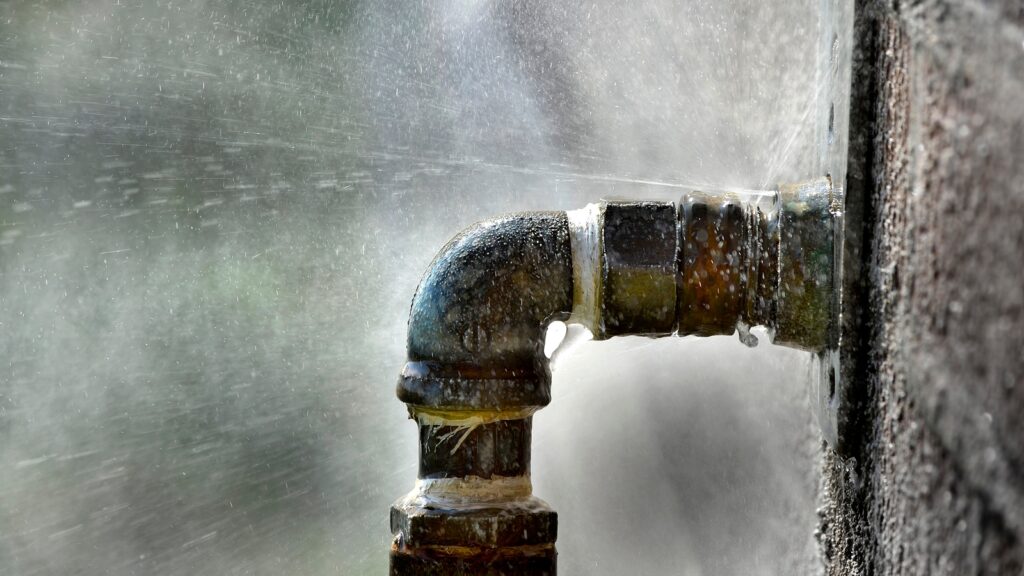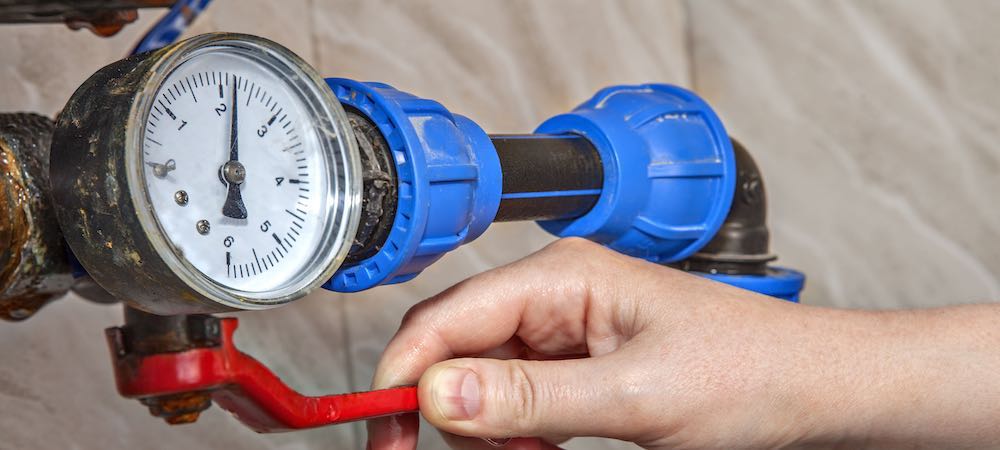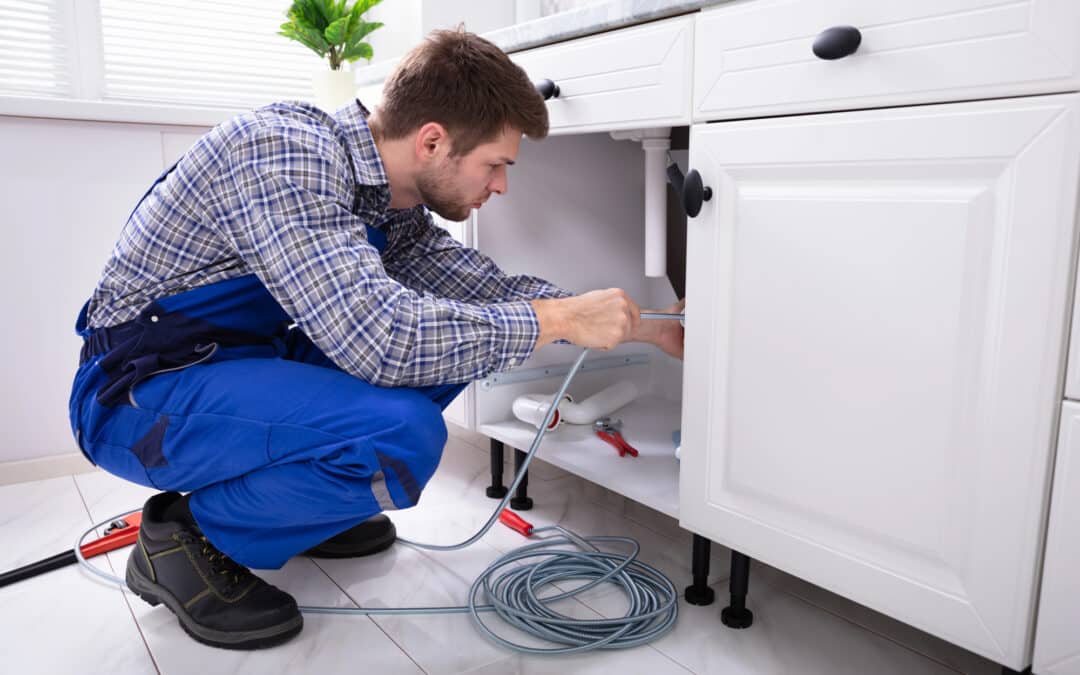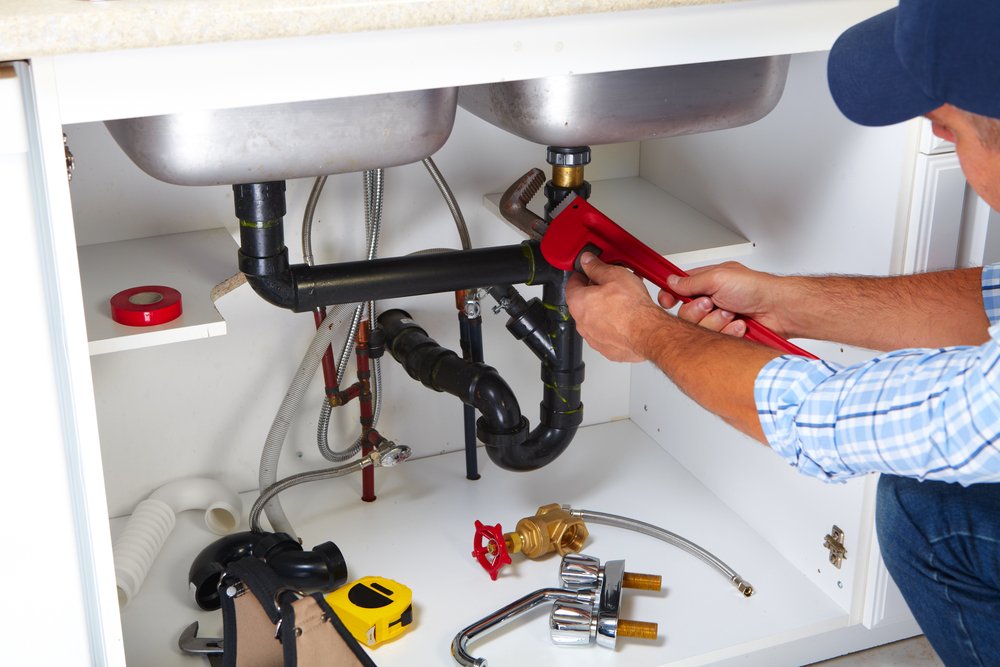Detecting hidden leaks in your plumbing system involves checking for signs like high water bills, mold, or water stains and using tools like water meters or thermal imaging. Regular inspections and professional services can help find leaks early, saving water and preventing costly damage.
Hidden plumbing leaks can cause significant damage if left undetected. From water waste to structural issues, these leaks are costly for homeowners and businesses alike. Detecting them early helps save water, reduce bills, and maintain a healthy home or commercial space.
Why Early Leak Detection Is Important
Leaks are more than an inconvenience. They waste thousands of gallons of water each year and drive up utility bills. Mold growth, structural damage, and reduced water pressure are just a few of the problems caused by undetected leaks. Addressing leaks early can help you avoid these costly consequences.
Signs of Hidden Leaks
Look for these indicators:
- Sudden increases in your water bill.
- Mold, mildew, or musty odors in your home.
- Reduced water pressure in sinks, showers, or hoses.
- Water stains on ceilings, walls, or floors.
- Dripping or hissing sounds in walls or beneath floors.
For more advice, check out our emergency plumbing tips.
Common Areas Prone to Hidden Leaks
Bathrooms
- Toilets: Conduct a food coloring test. Add a few drops to the tank, and if it seeps into the bowl without flushing, you have a leak.
- Showerheads and Faucets: Regularly check for drips or moisture around the fixtures.
- Under-Sink Areas: Look for dampness, mold, or odors.
Kitchens
The kitchen is another hotspot for leaks.
- Inspect dishwasher and refrigerator connections regularly.
- Clear out under-sink cabinets and check for moisture or warped wood.
Basements and Crawl Spaces
Low-traffic areas like basements and crawl spaces often harbor hidden leaks. Inspect these spaces periodically for damp patches, musty smells, or visible water damage.
Need a plumbing service? Explore our plumbing solutions.
How Professionals Detect Leaks
Plumbers use advanced tools to detect leaks with minimal disruption. Here are a few techniques:
- Acoustic Detectors: These devices amplify water sounds, helping plumbers locate leaks in walls or under floors.
- Video Pipe Inspection: A small camera is inserted into pipes to provide real-time views of blockages or cracks.
- Thermal Imaging: This tool identifies leaks by detecting temperature changes caused by escaping water.
- Soil Probes: Used to locate underground leaks by amplifying the sound of escaping water.
For businesses, our commercial plumbing services include leak detection solutions tailored to larger properties.
DIY Leak Detection Tips
You can perform basic leak detection at home with these simple steps:
- Monitor Your Water Meter: Turn off all water sources and observe the meter. Movement indicates a leak.
- Inspect Visible Pipes: Check for condensation, drips, or corrosion on exposed pipes.
- Listen for Sounds: Hissing or dripping behind walls often signals a hidden leak.
- Conduct Dye Tests: Use food coloring to check for toilet leaks.
DIY methods work well for minor issues, but professional tools are more accurate. For emergency assistance, visit our emergency plumbing page.
Preventing Future Leaks
Prevention is the best way to avoid costly plumbing repairs. Here’s how:
- Schedule Regular Inspections: A licensed plumber can identify issues before they become major problems.
- Upgrade Old Plumbing: Replace outdated pipes with durable materials like copper or PEX.
- Install Leak Detectors: Smart devices can alert you to leaks and even shut off water to prevent damage.
- Avoid Clogs: Dispose of grease, oil, and food waste properly to prevent blockages.
For year-round tips, read our guide to maintaining your plumbing system.
How Hidden Leaks Impact Businesses
Hidden leaks aren’t just a residential issue. Businesses can face severe consequences too:
- Increased Operating Costs: Leaks drive up water bills, especially in large facilities.
- Structural Risks: Persistent water damage weakens building foundations.
- Health Hazards: Mold growth creates an unsafe environment for employees and customers.
Our commercial plumbing team specializes in detecting and repairing leaks in business properties.
What to Do If You Find a Leak
Act quickly to minimize damage:
- Turn Off the Water: Shut off the main water supply immediately.
- Assess the Damage: Determine where the leak is and document it with photos.
- Contact a Professional: A licensed plumber can ensure the problem is fixed properly.
Call us at TEL: (XXX) XXX-XXXX for 24/7 plumbing repairs.
FAQs
How do I know if I have a hidden leak?
Look for high water bills, mold, musty odors, or reduced water pressure.
Can I detect leaks on my own?
DIY methods like food coloring tests and water meter monitoring are effective for minor leaks. However, professional tools are more precise.
Why should I call a plumber for a leak?
Plumbers use advanced techniques like acoustic detectors and thermal imaging to locate leaks accurately and prevent further damage.
Conclusion
Hidden leaks can lead to high water bills, mold growth, and structural damage. Regular maintenance, professional inspections, and modern tools can help detect and prevent leaks. Stay proactive to protect your property and save money.
CTA: Contact us today at TEL: (205) 462-7718 for residential and commercial plumbing solutions.




